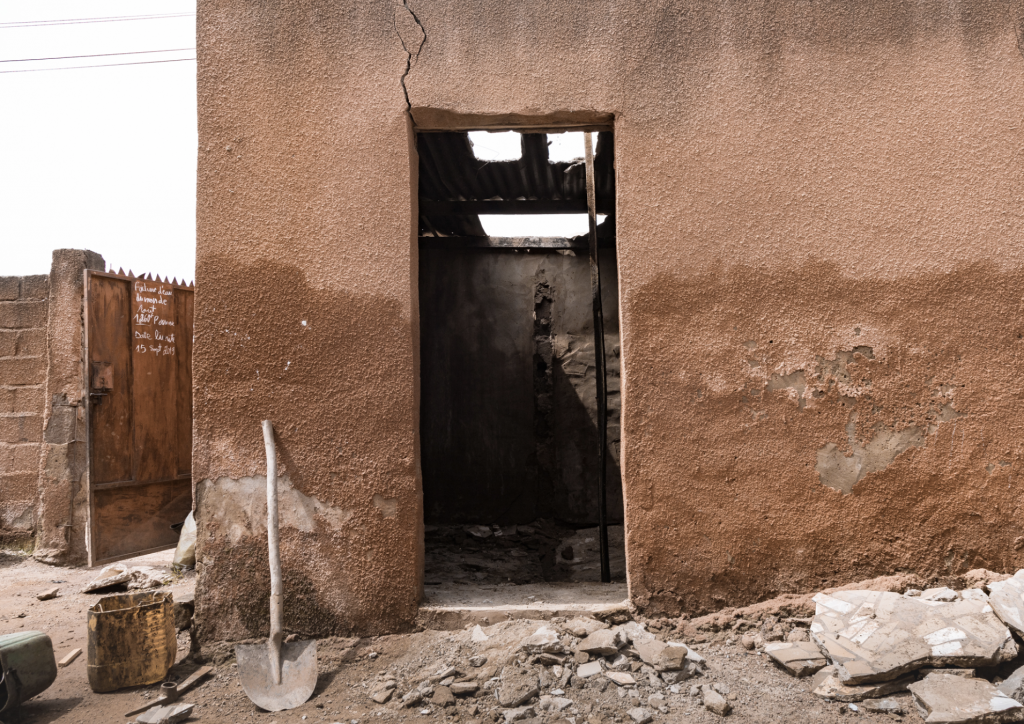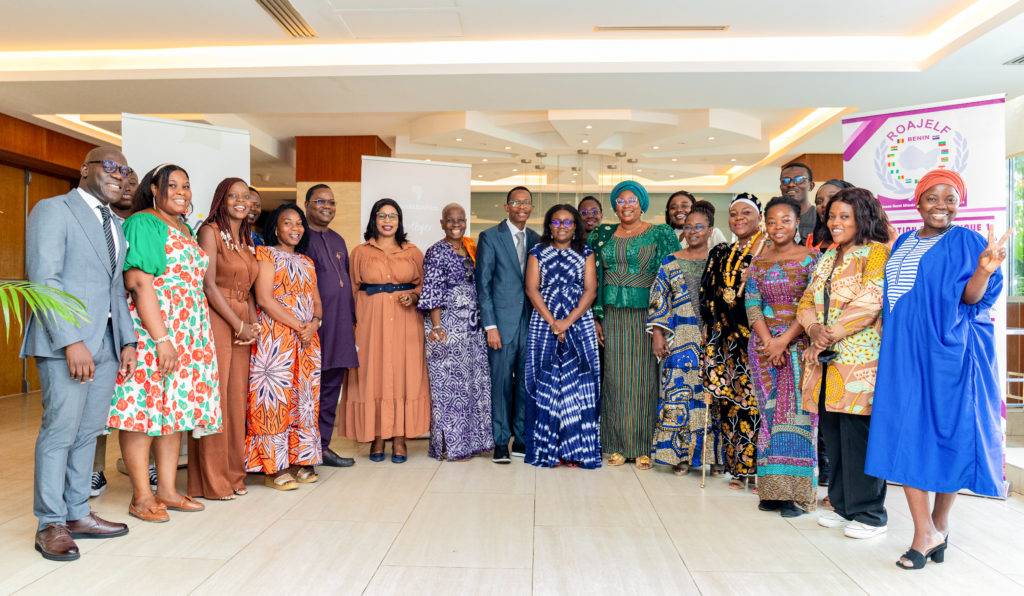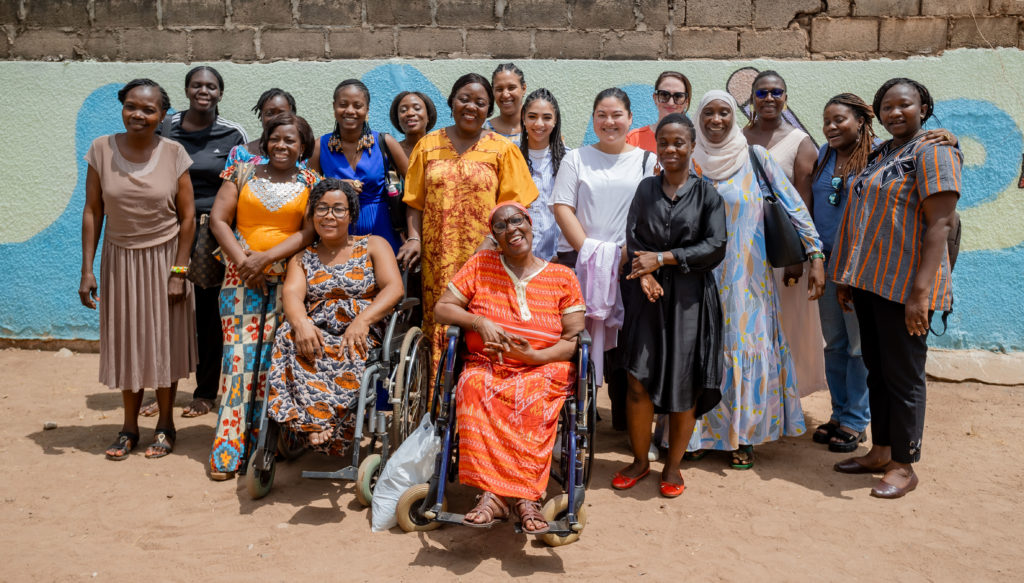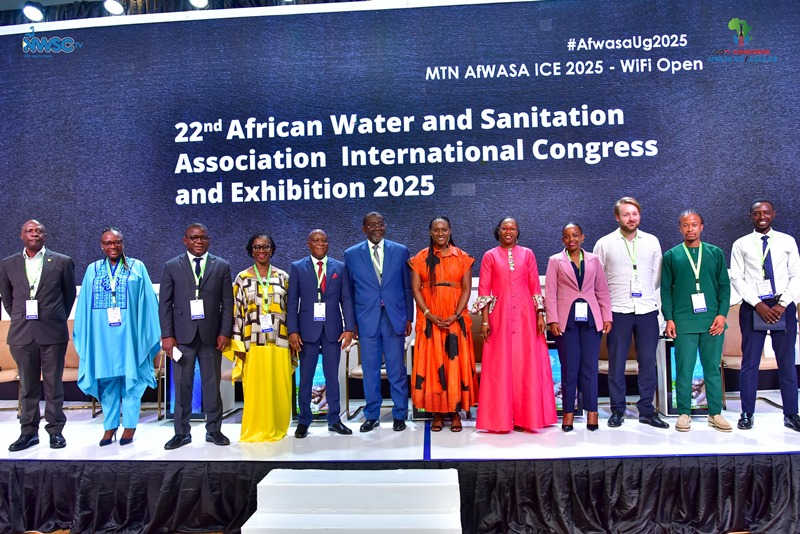Why civil society organizations have an important role to play in solving Africa’s sanitation crisis

One of the greatest challenges we face as a continent is the enduring sanitation crisis. 1 in 3 people still live without adequate sanitation facilities, a figure that rises to 3 in 4 in West Africa. Putting millions at risk of becoming unwell and missing school or work, inadequate sanitation not only impacts the everyday lives of African citizens, but their future too.
Over the years, countries across Africa have each tackled sanitation challenges with a different policy approach, and now rapid urbanisation, scarcity of resources and emerging concerns like COVID-19 threaten to harm vulnerable populations and move existing progress backwards. To weave together the continent’s disjointed sanitation policy landscape and ensure that such policies are comprehensive and sustainable in the long-term, the African Ministers’ Council on Water (AMCOW) has introduced the African Sanitation Policy Guidelines (ASPG) Initiative. This comprehensive framework draws on the experience of Africa’s top sanitation and hygiene experts to support leaders to develop tailored policies that reflect their countries’ individual realities, using tried-and-tested approaches that benefit lives.
However, for the ASPG to truly benefit African communities, we must look towards Civil Society Organisations (CSOs). CSOs have the capacity to engage, empower and represent all members of society, including those living in vulnerable situations, while holding decision-makers accountable to achieving regional and international commitments. CSOs bridge the gap between governments and their people. Civil society can play a leading role in shaping sanitation policymaking, by taking part in discussions with governments, and giving a voice to those who are not being heard. Notably, we must all work towards achieving SDG 6.2, which seeks to ensure access to safely managed sanitation for all. To ensure countries stay on track to achieve such goals, CSOs have the duty to trigger policy review or development using ASPG and ensure inclusivity and equity in access to safely managed sanitation.
Civil Society Organizations are, however, as diverse as the countries in which they operate, which presents challenges when working together across borders. The African Civil Society Network on Water and Sanitation (ANEW) was created to remove such obstacles by promoting dialogue and enabling CSOs to share experiences to drive progress at the regional level. Pan-African organisations may have a broader reach, but we know it is the CSOs on the ground who are best placed to engage country-level decision-makers and contribute to developing the policies that societies need within the local and regional context. That is why, at ANEW, we continuously work to connect politicians and CSOs to ensure that community voices continue to be heard. We strive for an Africa where access to water is recognized as a right, where water resources and sanitation are sustainably managed and available to all.
As Africa continues to urbanise and grow, we must adapt, and so must our policies. CSOs play an important role in the sustainable development of Africa. We therefore urge CSOs across Africa to join us in advocating for the adoption and dissemination of the ASPG at the national level and monitoring the ASPG endorsement process. Together, we can ensure African sanitation policies are inclusive and respond to the guidelines by participating in national stakeholder consultations, maintaining the conversation around policy development and review, and contributing to the rollout of the ASPG framework. We will not only benefit citizens today, but we can also play a part in creating a lasting legacy: equitable access to sanitation for all.
Together, we can take steps to ensure that African sanitation policies, laws, regulations and guidelines are inclusive and take into account the needs of the people.
By Sareen Malik, Coordinator and Secretary to the Board of the African Civil Society Network on Water and Sanitation (ANEW)


